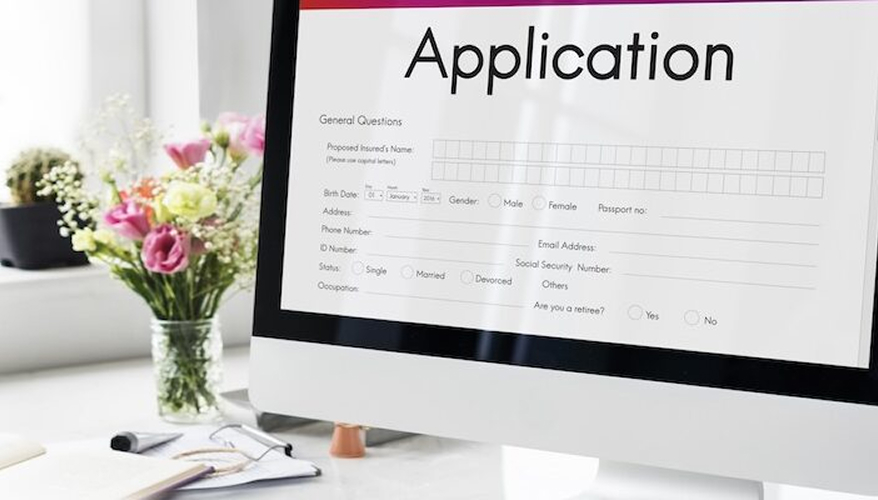Becoming a Singaporean citizen has its pros and cons. But after considering all of them, you applied for the same and got a rejection; it would be disheartening. So if your application for Singaporean citizenship is unsuccessful and rejected, you will have to plan your next steps very carefully. Other than applying for a different visa or residency status, you will have two options available to you for consideration. However, before you can decide which option will work best for you, you will need to establish where you previously fell short and how you are able to provide a stronger application.
First and foremost, you could possibly file an appeal within six months of the date listed on your rejection letter. This will only be a viable option if the reasons for failure are currently no longer applicable to you or if you think that it was made in error. Secondly, and in contrast to the first option, you can choose to submit a reapplication. However, this can only be made after the initial six months period has lapsed. When deciding between choosing to appeal the rejection or reapplying for Singapore citizenship, you will have to consider some facts first.
Having said this, should you choose either of the above options, it may very well give you that second chance you need to succeed with your Singapore citizenship application. However, the purpose behind each route is different and should be chosen after considering the various circumstances. So, you may be asking yourself what is the difference between these two options, and if so, continue reading to determine which route will be best suited for you.
What Criteria Is Your Singaporean Citizenship Application Based On?
Without regard to specific details or exceptions, an application is carefully considered using five sets of criteria, namely;
- Education and professional certifications.
- Employment, both past and current.
- Length of stay in Singapore.
- Societal and financial contributions which you have made to Singapore.
- Any existing family ties that you may have in the country.
Should your Singaporean Citizenship application be rejected, it is very likely that you have not satisfied the authorities and made sufficient progress with any of the above mentioned five points or that you were unable to exhibit these in your original application. Going forward, before you continue with any chosen route, you will need to understand your application and the rejection thereof. What this means is that you will need to begin by ascertaining which of these factors was responsible for your rejection.
Are you unsure whether it was something about the current information you had submitted or if it was simply that your application was lacking depth? Then it is advisable to invite an immigration consultant to review your case and its supporting documentation so that you are able to make an informed decision.
Appealing The Decision
If you are unhappy and dissatisfied with the decision that has been made, you can appeal it. This process can be stressful and complicated, so if you are ever unsure, it is important to seek assistance from a qualified immigration lawyer.
There are specific grounds for an appeal to be made, and these you must satisfy before you can consider this route. The grounds for appealing are:
- there was an error in fact or in law;
- new evidence has emerged that was not available at the time of making the original application; or
- the decision was unreasonable.
The option to appeal the decision is only available to the following two types of applicants:
- Applicants who may have bettered their circumstances remarkably since the time they made their original application, such as achieving a higher level of education at the university level.
- Applicants who did not include their qualifications or higher learning education in their original application. If this was the case, then the applicant would have grounds to appeal and, therefore, a chance to rectify this by raising these positive points to the authorities.
It is important to note that the standard for what constitutes a significant change is exceptionally high, and due to this fact, many appeals are not accepted.
If ever you are unsure of what to do next or need help navigating the appeal process, it is highly advisable to seek legal advice from an immigration specialist, as this could save you unnecessary costs in the long run and also give you peace of mind the second time round.
Reapplying For Singaporean Citizenship
If your application was unsuccessful the first time, rather than appealing the decision, you might want to try reapplying for citizenship in the future. It is important to remember that the requirements for becoming a Singaporean citizen may change over time, so it is worth revisiting this option in the future.
When reapplying for Singaporean citizenship, it is imperative to remember that there is a six-month waiting period before you can do so. Reapplying for a second time is the more common option taken and is generally speaking less taxing as you are not pressured to make an application within the six-month deadline. You are given as long as you like to submit a reapplication, as long as it is not within the first six months of the initial application.
However, having said this, without significant changes to your credentials, circumstances or application, your risk of receiving a rejection letter the second time around is highly likely, if not guaranteed.
What Is Recommended?
Do not become disheartened or nervous, and do not rush any part of this process. Having read this information and guide to making a better application or appeal, you will have more or less of an idea of which section of your initial application was lacking and insufficient. As such, you need not rush any part of this process. If need be, visit an immigration specialist; doing so will give you the opportunity to obtain professional advice and review your present situation and application. Proceeding in this calculated manner, solid steps can be taken to improve your Singaporean citizenship application immensely.
No matter what decision you make, be it appealing your rejection or allowing the required time to pass before applying a second time round, we firmly propose that you first understand why exactly your application was rejected. In more cases than none, reasons will be provided to the applicant for the rejection, and these should be seriously considered before determining if your current circumstances merit an appeal or a successful reapplication.
If you have decided on reapplying after the initial six months have lapsed, this additional six months’ time allows you to improve your credentials and source everything you require to meet the criteria for a successful application. In addition, this gives you a better chance of being granted Singapore citizenship status. Use this time wisely and with intent, as it will help you in avoiding failure a second time around.






